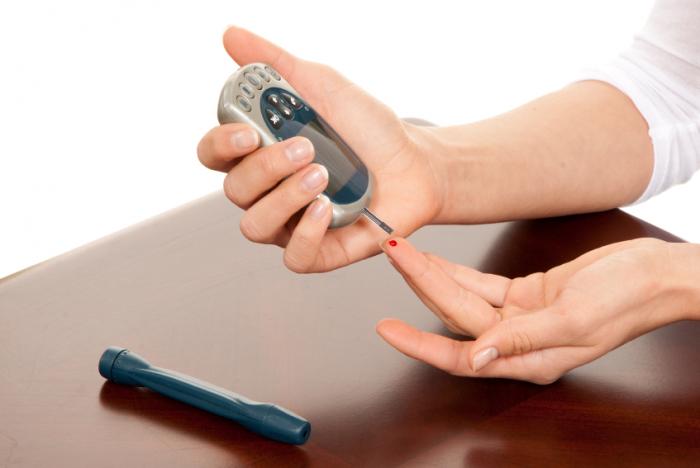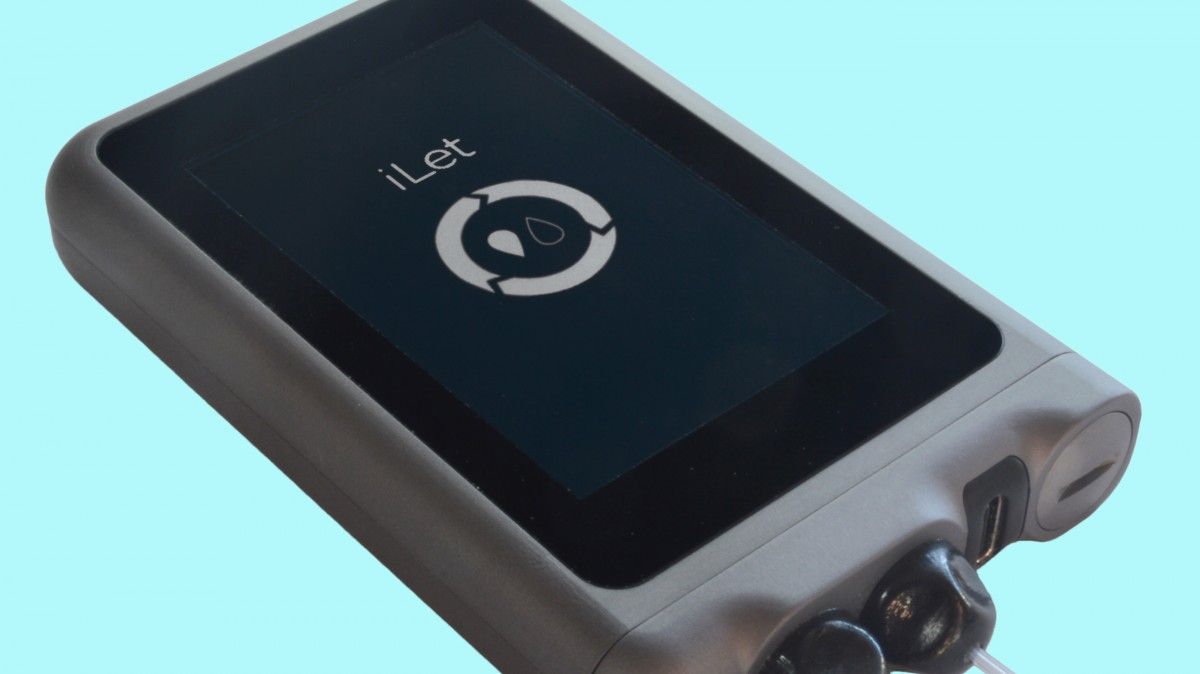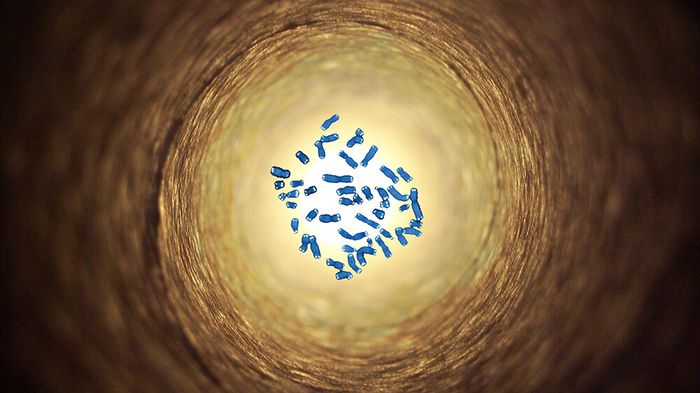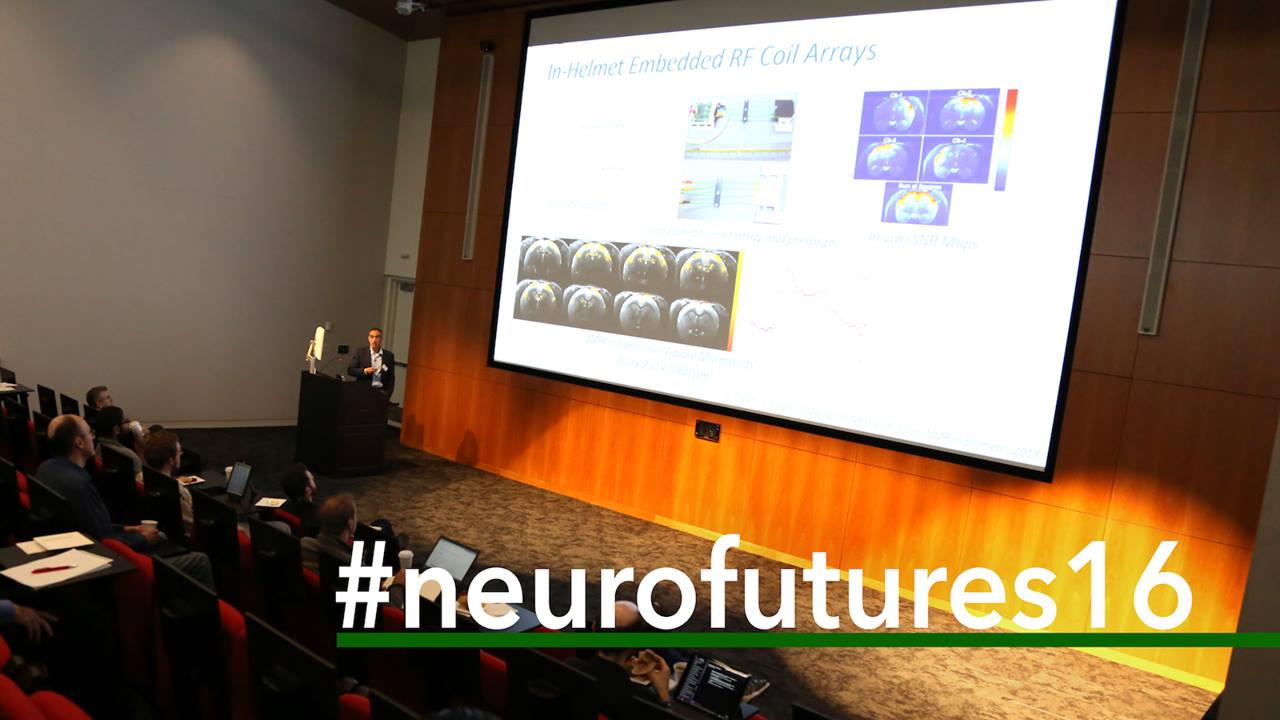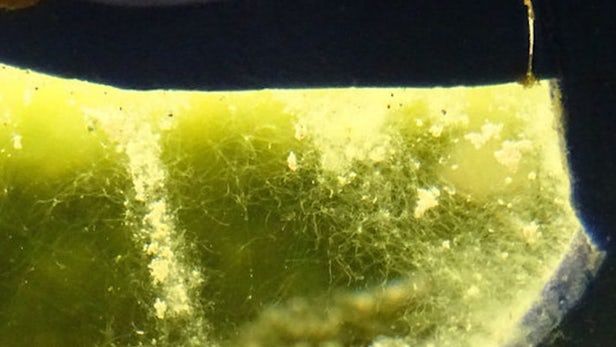Page 10977
Jul 30, 2016
Aubrey de Grey — An End to Aging?
Posted by Steve Hill in categories: biotech/medical, life extension
https://www.youtube.com/watch?v=qsNNUEx5OkU&t=0s
A fairly recent video where Aubrey de Grey talks about the future of regenerative medicine and how we will treat age related diseases.
Dr. Aubrey de Grey of the SENS Research Foundation gives a lecture and answers questions in Spain, April 2016.
Jul 30, 2016
Norway to build world’s first floating underwater traffic tunnels
Posted by Shailesh Prasad in category: transportation
Norway has hatched ambitious plans to install the world’s first floating underwater tunnels to help travelers easily cross the nation’s many fjords. At present, the only way to travel across the bodies of water involves taking a series of ferries – an inconvenient and time-consuming process. The “submerged floating bridges” would consist of large tubes suspended under 100 feet of water, and each one will be wide enough for two lanes of traffic.
Jul 30, 2016
Pancreatic cell transplantation: a breakthrough for type 1 diabetes?
Posted by Shailesh Prasad in categories: biotech/medical, innovation
In a new study, pancreatic islet cell transplantation has shown promise as an effective treatment alternative for type 1 diabetes patients with severe hypoglycemia.
Jul 30, 2016
An artificial pancreas is crowdfunding’s first $100 million unicorn
Posted by Shailesh Prasad in categories: cyborgs, internet, transhumanism
Jul 30, 2016
Researchers find a male hormone that reversed cell aging in a clinical trial — “Cellular elixir of youth”
Posted by Shailesh Prasad in categories: biotech/medical, genetics, life extension
Telomerase, an enzyme naturally found in the human organism, is the closest of all known substances to a “cellular elixir of youth.” In a recent study published in The New England Journal of Medicine, Brazilian and US researchers show that sex hormones can stimulate production of this enzyme.
The strategy was tested in patients with genetic diseases associated with mutations in the gene that codes for telomerase, such as aplastic anemia and pulmonary fibrosis.
Jul 29, 2016
Google Fiber plans to use cheap wireless tech to beat the cable guys
Posted by Shailesh Prasad in category: futurism
Jul 29, 2016
Smart bricks would enable walls capable of generating electricity, clean water and oxygen
Posted by Shailesh Prasad in categories: biological, habitats, robotics/AI
A lot of things are becoming “smart” these days, but bricks might not be something you’d expect to be added to the list. On the way to buildings that act like “large-scale living organisms,” scientists at the University of the West of England (UWE Bristol) are developing smart bricks that would make use of microbes to recycle wastewater, generate electricity and produce oxygen.
Microbial fuel cells (MFCs), which will be embedded in the bricks to give them their “smart” capabilities, have proven handy in the past, with researchers demonstrating how they can be used to generate electricity from human urine, dead flies or just plain old mud.
“Microbial fuel cells are energy transducers that exploit the metabolic activity of the constituent microbes to break down organic waste and generate electricity,” says Ioannis Ieropoulos, professor at UWE Bristol’s Robotics Laboratory. “This is a novel application for MFC modules to be made into actuating building blocks as part of wall structures. This will allow us to explore the possibility of treating household waste, generating useful levels of electricity, and have ‘active programmable’ walls within our living environments.”
Jul 29, 2016
The Hyperloop is bringing some of its futuristic tech to Europe’s biggest railway
Posted by Shailesh Prasad in categories: augmented reality, business, transportation
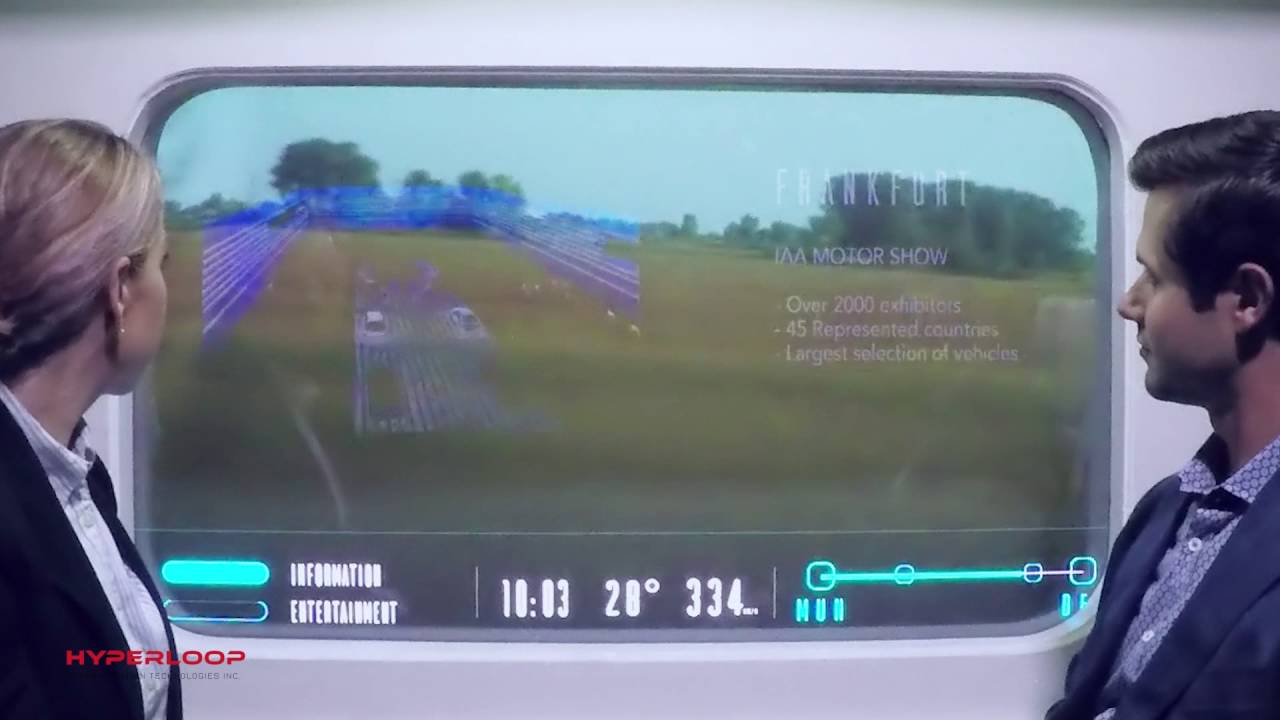
Hyperloop Transportation Technologies (HTT) announced today that it will build an “innovation train” for Germany’s Deutsche Bahn, the largest railway operator in Europe. The train will not be a super-fast hyperloop, in which pods are propelled through aluminum tubes at speeds of up to 760 mph, but a conventional train that includes some of the futuristic technologies the startup has been showcasing at tech conferences around the world.
As a startup that relies on crowdsourcing and volunteer engineers, the collaboration with Deutsche Bahn may allow HTT to start generating revenue while it works toward the larger goal of building passenger-ready hyperloop systems. Indeed, HTT’s CEO Dirk Ahlborn said in a statement that the partnership will help create “new monetization strategies and business models” for his company.


